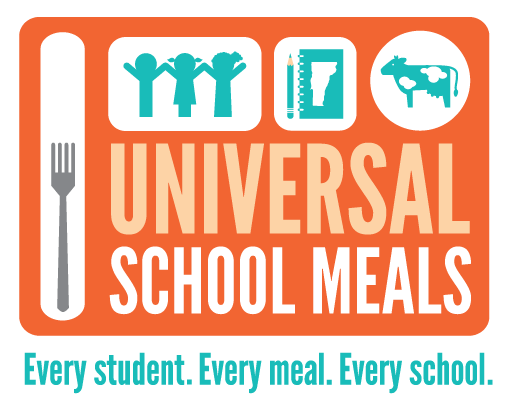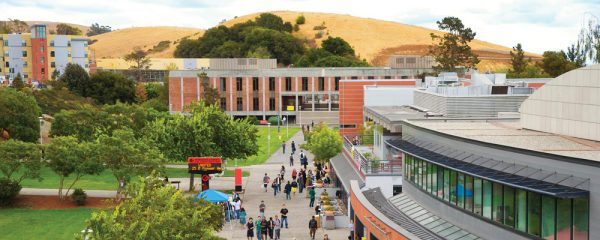Universal School Meals Program benefits all

California welcomed this program early, but other states are catching up.
With 1 in every 6 children facing hunger in the U.S., California is the first state to promise every public school student — all 6 million of them — free school meals.
The Universal School Meals Program, which will launch in the 2022-2023 school year, is part of the landmark state budget agreement reached between Gov. Gavin Newsom and the Legislature last month. Days later, Maine became the second state to commit to offering a universal school meals program with the signing of its budget.
The program ensures that all students will be offered breakfast and lunch at their school, which state Sen. Nancy Skinner, D-Berkeley, said is “essential to learning.” Skinner has led the effort to establish a universal school meal program.
“We know that many California children are food insecure, and if you’re hungry you cannot learn well,” Skinner said. “The whole point of school is learning, and everything we can do to create an environment that allows children to thrive and learn is what we need to do.”
-
Skinner introduced a bill in March that would have established a universal school meal program.
After the program garnered bipartisan support and the California Department of Finance forecast unexpectedly largeprojected revenues, lawmakers opted to include it in the state budget rather than as a separate bill.
The final agreement between Newsom and the Legislature calls for $650 million through the Proposition 98 fund each year to reimburse school districts starting in 2022, as well as $54 million in the 2021-22 fiscal year to supplement state meal reimbursements. Proposition 98 is the formula that determines what portion of the general fund goes to community colleges and K-12 schools.
The state program is set to begin in the 2022-23 school year because the U.S. Department of Agriculture has already committed to paying for school meals for all students through the 2021-22 school year.
The USDA has reimbursed districts for providing free meals to all students since the start of the pandemic. Before the pandemic, districts were only reimbursed for feeding students who were enrolled in the National School Lunch Program. Advocates said being able to feed students without having to check whether they qualified for free lunches allowed districts to serve more families at a time when many faced hunger and hardship. (https://edsource.org/2021/free-school-meals-here-to-stay-in-california/658564)
To get more reports like this one, click here to sign up for EdSource’s no-cost daily email on latest developments in education.







